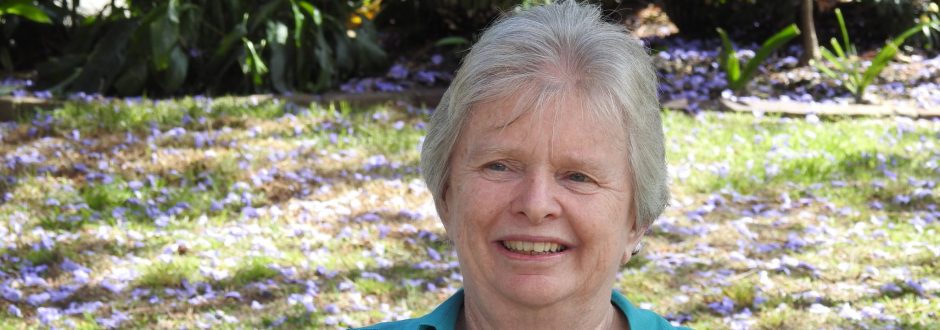July 11, the Feast of St Benedict, is a special day for Good Samaritan Sisters. Benedict’s ancient rule and spirituality is foundational in their lives. At the heart of this spirituality is the virtue of silence, writes Good Samaritan Sister Clare Condon.
BY Clare Condon SGS
Recently the Miles Franklin Award was granted to Indigenous writer and academic, Kim Scott for his novel That Deadman Dance. As a work of fiction, it is inspired by, and draws on the early history of the region known today as Albany, Western Australia.
Scott explores the interaction between two different cultures – the Noongar people and the newly arrived Europeans. It is a novel with many layers of meaning; layers revealed as Scott “slides unapologetically across time and between cultures and ways of being, seeing and understanding”, to quote Miles Franklin Award judge, Morag Fraser.
I had just finished reading That Deadman Dance when I heard Kim Scott interviewed on ABC radio after he had accepted the award. At the end of the interview, he was asked whether at this particular time he had anything to say to our Australian politicians.
“I’d like to say listen more and not just to polling groups. Get yourself in a bit of silence sometimes and listen,” he responded.
I was somewhat surprised at his answer, but it makes eminent sense.
It occurs to me that the point he is making about silence applies not only to our politicians but to each of us as well. I ask myself: What is the value of listening quietly? What is the value of finding the places and spaces for silence to reflect upon life and its movements?
Our Western culture is saturated by noise. It is difficult to escape from the drone of external noise, be it the traffic, helicopters and planes, machinery, radios, iPods, televisions or simply constant chatter. This external noise provides an ongoing background to our daily living experiences.
Further to this, our media often reports silence in negative terms, in situations where truth is hidden and injustices are perpetrated behind an unhealthy screen of secrecy and silence. Here silence is portrayed as a vice not a virtue.
However, it is our internal noises of anxiety, stress, discomfort, agitation and worry that can actually be more penetrating and disturbing to our well-being and our sense of meaning. This internal static can come from an unreflective life, from being overwhelmed by what we perceive to be obstacles to our peace and happiness.
On July 11 we celebrated the Feast of St Benedict – a special day for Good Samaritan Sisters. Benedict’s ancient rule and spirituality is foundational in our lives. At the heart of this spirituality is the virtue of silence.
Joan Chittister OSB, writer and commentator on Benedictine spirituality, highlights this virtue when she says: “Make no doubt about it, the ability to listen to another, to sit silently in the presence of God, to give sober heed, and to ponder is the nucleus of Benedictine spirituality”.
Kim Scott’s challenge to our political leaders is also relevant for our own listening within the broader society. His exploration of the possibilities and potential for the early European settlers and the Noongar people can also be a catalyst for us to explore the possibilities and potential for our time – to listen more deeply to another culture and the aspirations of the Indigenous peoples today. The recent celebration of NAIDOC week (July 3-10) has brought us a timely reminder and incentive.
Perhaps we could begin again to take but a few minutes each day to pause in silence and to reflect on the quality of our lives; to identify where and how we might bring true peace and happiness into our lives and the lives of those with whom we encounter.
